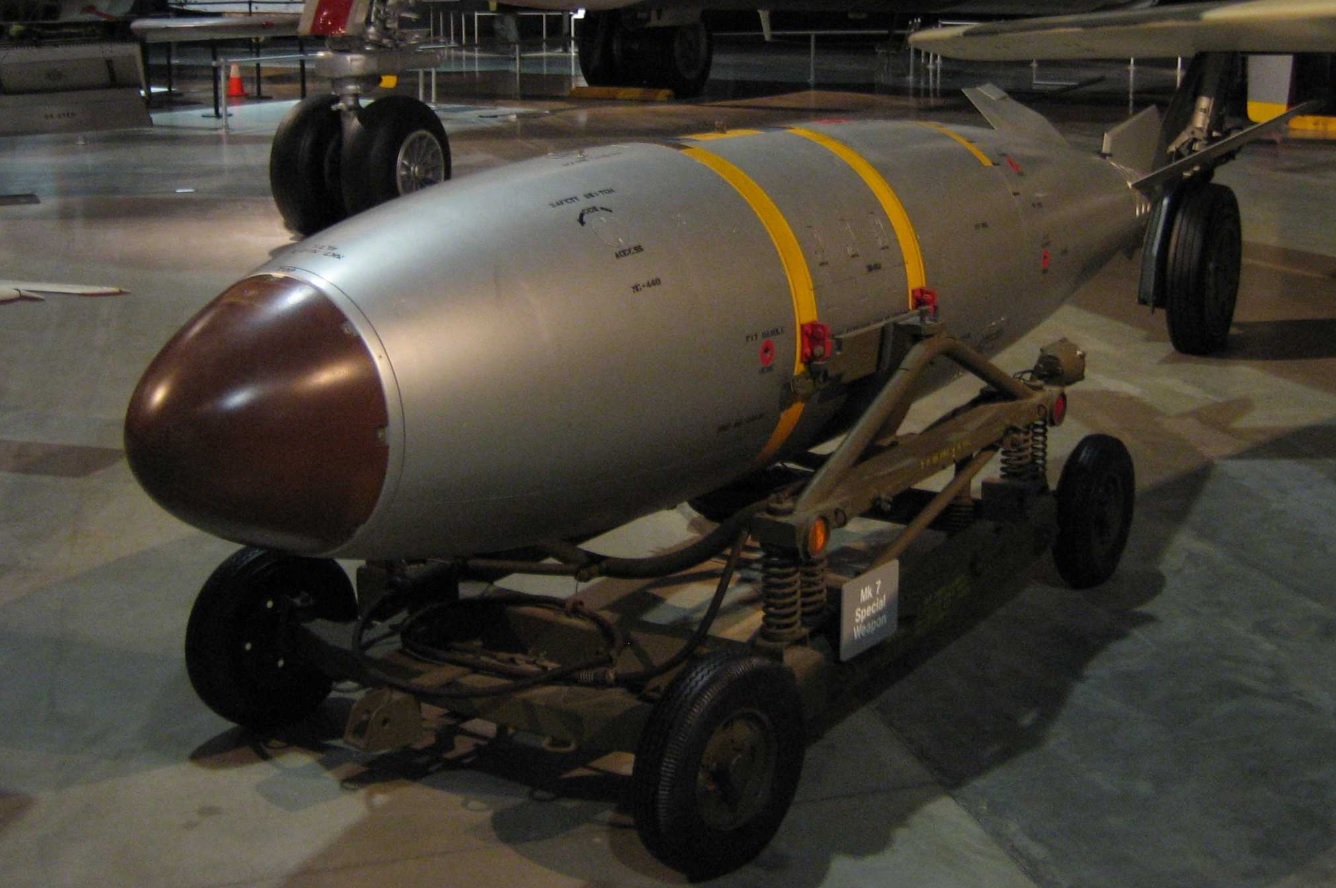Iran Faces Diplomatic Test at U.N. General Assembly Amid Rising Tensions
Iranian and European officials will meet at the U.N. General Assembly to explore diplomatic solutions for Iran's nuclear program. Amid rising tensions with Israel and the West, Iranian President Masoud Pezeshkian signals openness to diplomacy, despite internal and external challenges. Skepticism from both sides looms large.

Iranian and European officials are slated to converge at the U.N. General Assembly in New York next week. The meeting is seen as a critical test of whether the two sides can navigate back to diplomacy concerning Iran's controversial nuclear program, and simultaneously reduce tensions with Israel and the broader Western community.
Marking his first visit to the West since assuming office in July, Iranian President Masoud Pezeshkian will arrive in the U.S. six weeks before a tightly contested U.S. presidential election. Pezeshkian's message will underscore Iran's openness to diplomatic dialogue but firm resistance to external pressure. The timing is crucial, given potential shifts in U.S. policy depending on the election outcome.
The ongoing situation has been further complicated by Iran's enhanced support for Russia and recent militant activities in Israel. European powers, particularly Britain, France, and Germany, advocate a tougher stance to pressure Iran into negotiations. However, with hardliners like Ayatollah Ali Khamenei wielding significant influence over Iran’s policies, real progress remains uncertain.
(With inputs from agencies.)










